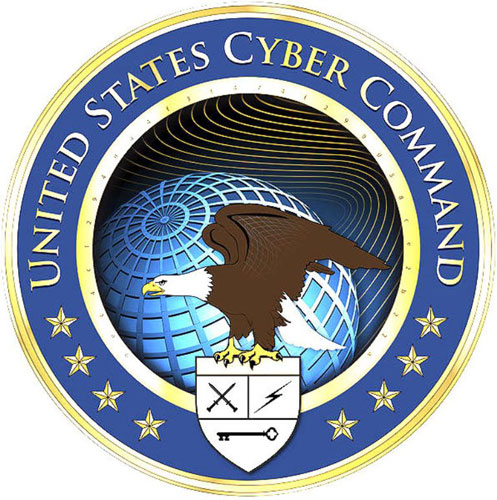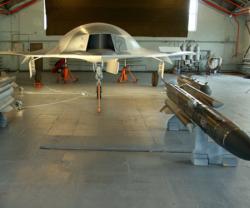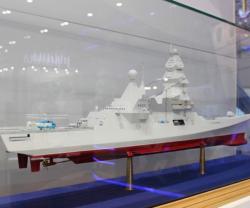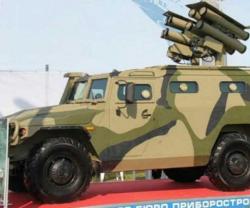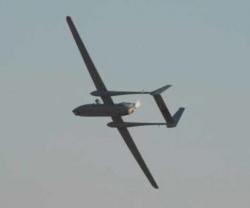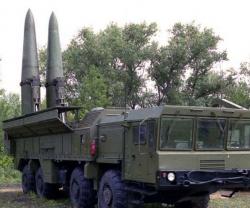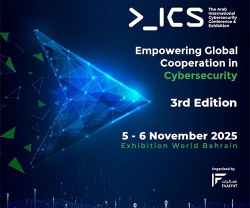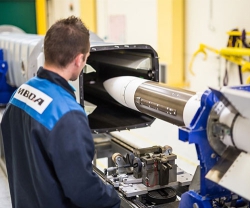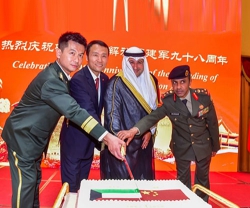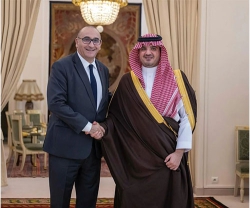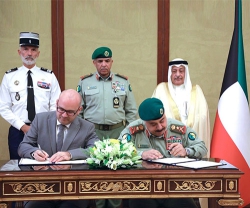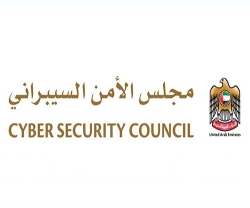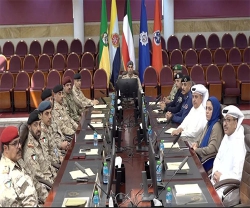WASHINGTON • The Pentagon is significantly growing the ranks of its cyberwarfare unit in an effort to deter and defend against foreign attacks on crucial U.S. networks, Defense Secretary Chuck Hagel said Friday.
In his first major speech on cyber policy, Hagel sought to project strength but also to tame perceptions of the United States as an aggressor in computer warfare, stressing that the government “does not seek to militarize cyberspace.”
His remarks, delivered at the retirement ceremony of General Keith Alexander, the outgoing Director of the National Security Agency and Cyber Command, come in advance of Hagel’s trip to China this week, his first as Defense Secretary. The issues of cyberwarfare and cyberespionage have been persistent sources of tension between Washington and Beijing.
Hagel said that the fighting force at U.S. Cyber Command would number more than 6,000 people by 2016, making it one of the largest such forces in the world.
The force will help expand the President’s options for responding to a crisis with “full-spectrum cyber capabilities,” Hagel said, a reference to cyber operations that can include destroying, damaging or sabotaging an adversary’s computer systems and that can complement other military operations.
But, Hagel said, the military’s first purpose is “to prevent and de-escalate conflict.” The Pentagon will maintain “an approach of restraint to any cyber operations outside of U.S. government networks.”
Although some U.S. adversaries, notably China and Russia, which also have formidable cyber capabilities, may view his remarks with skepticism, Hagel said the Pentagon was making an effort to be “open and transparent” about its cyberforces and doctrine. The hope, senior officials said, is that transparency will lead to greater stability in cyberspace.
To underscore the point, Hagel’s speech was broadcast live from NSA headquarters at Fort Meade, the first such broadcast from the agency.
“The most important point is we want people to understand the reality of what our policies are,’’ said a senior defense official, who spoke on the condition of anonymity to discuss the Pentagon’s thinking. “We only engage in cyber operations when it is something that is important, either providing options to the president, defending the [department] networks or, most importantly, ensuring the security of the United States and critical infrastructure.”
Tension over U.S. cyber operations intensified again last weekend after a report that the NSA had penetrated the networks of a Chinese telecommunications giant, Huawei Technologies, in search of evidence that it was involved in espionage operations for Beijing and to use its equipment to spy on adversaries such as Iran.
Source: Washington Post

